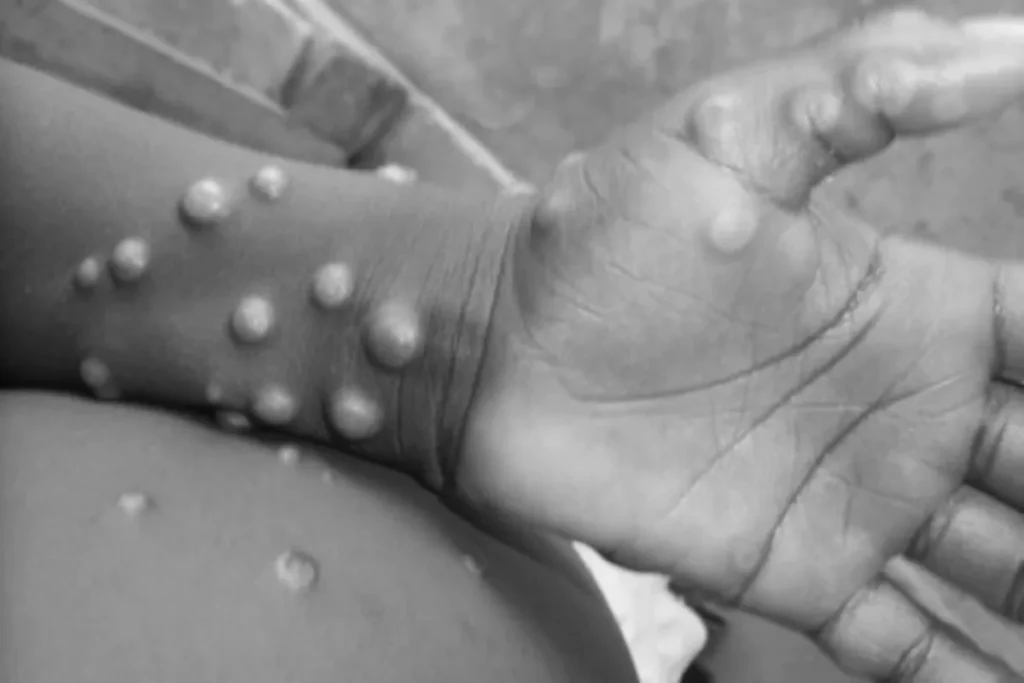Ghana has confirmed 84 cases of Monkeypox and 4 deaths, more than 3 months after the country recorded its first 5 cases of the disease.
After testing 535 suspected cases across 12 regions as of September 6, 2022, the Greater Accra region recorded the highest number of confirmed cases (51).
The Chief of Party of the USAID Strengthening the Care Continuum project in Ghana, Dr Henry Nagai has disclosed that the 4 deaths recorded were from three regions of the country: the Upper East region – 2, Greater Accra – 1, and Central Region – 1.
At a meeting on – “Emerging viral infections and diseases: focus on the monkeypox virus” – organized in collaboration with the Society for AIDS in Africa (SAA), World Health Organization, and the Ghana Health Service, he stated that the disease is spreading across 38 districts and the national fatality rate stands at 4.8%.
Outbreak of Monkeypox virus in Ghana
On June 8, 2022, Ghana confirmed 5 cases of Monkeypox virus in three regions – Western, Eastern, and Greater Accra.
“We have tested 12 suspected cases in Ghana since the 24th of May. Currently, we have confirmed 5 cases in three regions –Eastern, Western, and Greater Accra. No death has occurred among the cases,” the Director-General of the Ghana Health Service, Dr. Patrick Kuma-Aboagye announced on June 8, 2022.
What is Monkeypox?
Monkeypox is caused by the monkeypox virus, which is a viral zoonotic disease that can spread from animals to humans and from one person to the other through close contact with an infected person.
Various animal species have been identified as susceptible to the monkeypox virus. This includes rope squirrels, tree squirrels, Gambian pouched rats, dormice, non-human primates, and other species.
Human monkeypox was first identified in humans in 1970 in the Democratic Republic of the Congo in a 9-month-old boy in a region where smallpox had been eliminated in 1968.
The incubation period (interval from infection to onset of symptoms) of monkeypox is usually from 6 to 13 days but can range from 5 to 21 days.
By: Gifty Tracy Aminu



